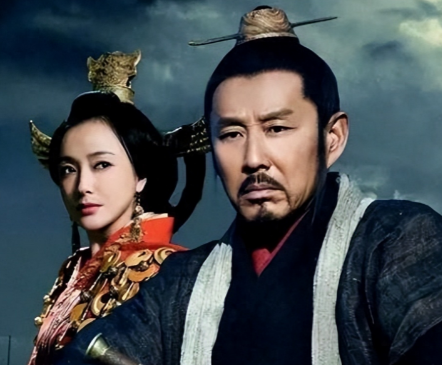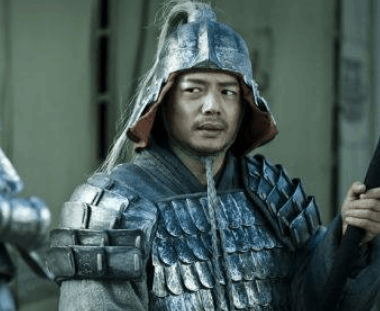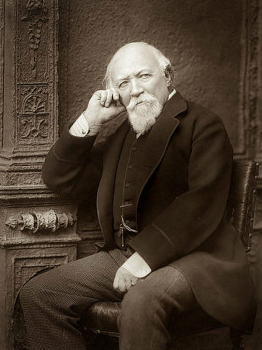Li Shanchang, a founding hero of the Ming Dynasty, is known as "the First Scholar of the Ming Dynasty", whose life is full of legendary colors. However, there has always been controversy in history about the cause of his death and why he did not end well. This article will explore the cause of Li Shanchang's death and the reasons why he did not end well.

Firstly, regarding the cause of Li Shanchang's death, there are two main theories. One theory is that he died of illness, while the other is that he was executed. According to the "History of the Ming Dynasty," Li Shanchang was executed in the 23rd year of Hongwu (1390). At that time, Li Shanchang was already 75 years old, and he was accused of participating in Hu Weiyong's rebellion case. However, this theory is not without controversy. Some historians believe that there are many doubts about the claim that Li Shanchang was executed, and his death was more likely due to illness.
Then, why did Li Shanchang not end well? This is related to a series of events in his political career. Although Li Shanchang made great contributions to the establishment and development of the Ming Dynasty, he was also controversial due to his political struggles with Zhu Yuanzhang. Li Shanchang once offended Zhu Yuanzhang by speaking out frankly, leading to his alienation. In addition, Li Shanchang was also involved in Hu Weiyong's rebellion case, which further aggravated the conflict between him and Zhu Yuanzhang.
Apart from political factors, Li Shanchang's personal character is also one of the reasons why he did not end well. Li Shanchang is a resolute and upright person who is not afraid of powerful officials. This character made him establish many political enemies in the court. These political enemies attacked and slandered him, causing him to suffer many unjust accusations in his later years.
In summary, the cause of Li Shanchang's death has not been determined, but the main reasons why he did not end well are political factors and personal character. Li Shanchang's life is full of legendary colors, and he made great contributions to the establishment and development of the Ming Dynasty. However, his bumpy political experience and personal character flaws prevented him from enjoying a peaceful old age. This history tells us that in a complex political environment, a person's fate is often influenced by multiple factors, and we should view this history with an objective and rational attitude.
Disclaimer: The above content is sourced from the internet and the copyright belongs to the original author. If there is any infringement of your original copyright, please inform us and we will delete the relevant content as soon as possible.
































